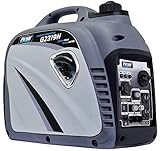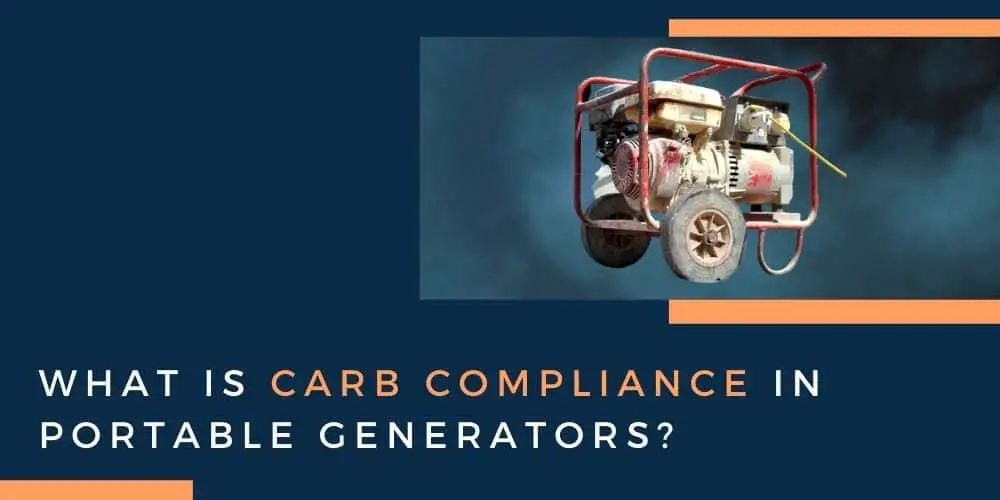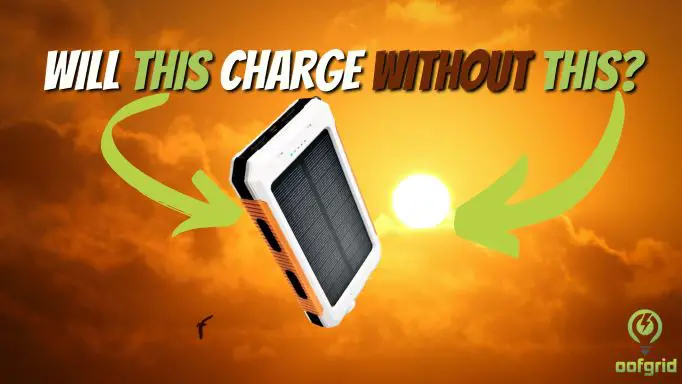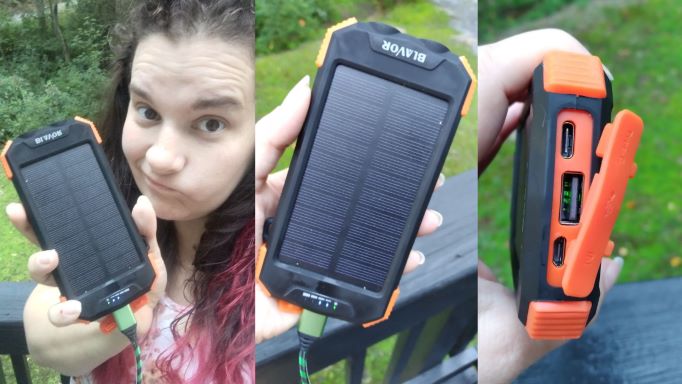You may have seen certain products, usually the likes of generators and vehicles, claiming to be CARB-compliant. But what does this actually mean?
CARB stands for the California Air Resources Board.
The board acts as the “clean air agency” within the government of California and was established in 1967 when then-governor Ronald Reagan signed the Mulford-Carrell Act, which merged the Bureau of Air Sanitation and the Motor Vehicle Pollution Control Board.
CARB was set up as a way for California to attain and maintain healthy air quality, and to protect the public from exposure to toxic air contaminants. Part of the initiative is to provide innovative approaches for complying with air pollution rules and regulations.
Up to this date, California has made significant progress to reduce its resident’s exposure to harmful air pollutants, which are detrimental not only to the environment but to public health, too.

However, this has not come without sacrifices.
CARB has implemented a comprehensive suite of policies as an attempt to reduce greenhouse gas emissions. As a result, California has successfully decoupled greenhouse gas emissions from economic growth. It achieved its goal of reducing emissions to 1990 levels in 2016, four years earlier than the target date of 2020.
These policies have included the Alternative Fuel Vehicle Incentive Program and Low-Emission Vehicle Program. Aside from vehicles, CARB also regulates general household products and other machinery such as generators.
If you’re currently shopping for a generator online and you live in California, you may have noticed that certain models aren’t available for you to purchase online. This is because they’ve failed to meet the CARB regulations, which other US states aren’t subject to.
Contents
We found these Carb Compliant Generators




Last update on 2025-05-08 / Affiliate links / Images from Amazon Product Advertising API
What is CARB Compliance?
CARB compliance simply means that your equipment must meet the current emission standards set by CARB. These standards are in place to ensure products like generators emit less harmful emissions, toxins, and particulates to ensure they’re not a major contributor to poor air quality which can worsen conditions such as Asthma.
CARB regulations affect a wide variety of heavy equipment, machinery and vehicles because it requires any engines that use combustible fuel – such as diesel, natural gas, or propane – to be CARB certified.
This affects generators (commercial generators and residential generators), cars, trucks, tractors, lawnmowers, chainsaws, and basically anything with an internal combustion engine that uses combustible fuel.
All of these engines need to have a CARB certificate to prove that they’re CARB-compliant. These certificates ensure that all engines used in any equipment that is manufactured, sold, or used in the state of California comply with CARB’s strict regulations.

CARB’s Fuel Enforcement Program also controls the quality of fuel sold in the state. This program is in place to ensure the state reduces emissions from vehicular and other mobile sources as much as possible.
The reason for this crackdown is linked heavily to the fact that vehicle emissions were found to be responsible for approximately 55% of statewide air pollution emissions in California.
The Fuel Enforcement Program even regulates the composition of motor vehicle fuels, including California reformulated gasoline regulations (CaRFG), diesel fuel regulations, and cargo tank vapor recovery regulations.
CARB certifications must also be obtained for any pieces of equipment or heavy machinery that have been converted or retrofitted with an alternative fuel system.
So even if the piece of equipment was originally CARB certified, if it has been modified in any way, it still requires CARB certification to approve the converted or retrofitted system.
What is EPA Compliance?
You may also have heard of EPA (environmental protection agency) compliance. EPA compliance is a federal certification that applies to all internal combustion engines manufactured and sold within the United States.
While EPA and CARB compliance have many similarities, they are not the same thing, as CARB is the agency of California which enforces its own state rules and regulations.
Basically, in California, equipment or machinery need to meet the EPA requirements for federal compliance, but also require a separate application and certificate for CARB compliance.
What about CARB’s Impact on Generators?
A generator has an internal combustion engine which combusts fuel to power up your devices. Some residential generators and most commercial generators release harmful emissions into the air which have a damaging effect on the environment and anyone who breathes the air in.
It is notoriously difficult to eliminate the production of harmful emissions and particulates in commercial and industrial generators. While it wouldn’t be fair to ban these entirely, the CARB regulations enforce limitations and reductions on the amount of harmful emissions that can be produced, which led to the production of CARB-compliant generators.
CARB-compliant generators ensure cleaner air quality as they produce less harmful toxins and particulates and release lower levels of emissions into the environment.
Due to this, CARB-compliant generators tend to be more expensive than non-compliant ones, but they’re more energy efficient, too.
California’s current regulations set by CARB also align with the current EPA standards. Therefore, any EPA-compliant generators that were purchased in 2013 will also be compliant with CARB.
However used or older generators that are in use in California must be upgraded or replaced in order to meet CARB requirements.
If you or your business are not located in the state of California, you must instead follow the EPA Tier emissions laws in your state. You won’t be subject to CARB rules, but you still need to adhere to the EPA regulations in your area.
More suitable clean generators
| Image | Title | Buy |
|---|---|---|
 | WEN GN4500 4500-Watt CARB Compliant | Latest price on Amazon |
 | Westinghouse WGen6000 CARB Compliant | Latest price on Amazon |
 | Westinghouse iGen4500 Super Quiet CARB Compliant | Latest price on Amazon |
 | WEN GN400i RV-Ready 4000-Watt CARB Compliant | Latest price on Amazon |
 | WEN GN400i RV-Ready 4000-Watt | Latest price on Amazon |
Final Verdict
California’s CARB regulations and programs are based on sound scientific research. Since the conception of CARB, these regulations have resulted in a 90% cut in black carbon.
In 1967 California issued 186 smog alerts, however, in 2019, no smog alerts were issued, indicating that the CARB regulations have helped to make California’s air cleaner for its residents.
While this can be frustrating for residents and businesses as they’re subject to very strict regulations, it is ultimately a healthier option for all, and hopefully, CARB-compliant generators will become more affordable as the demand for low-emission machinery becomes increasingly apparent.






